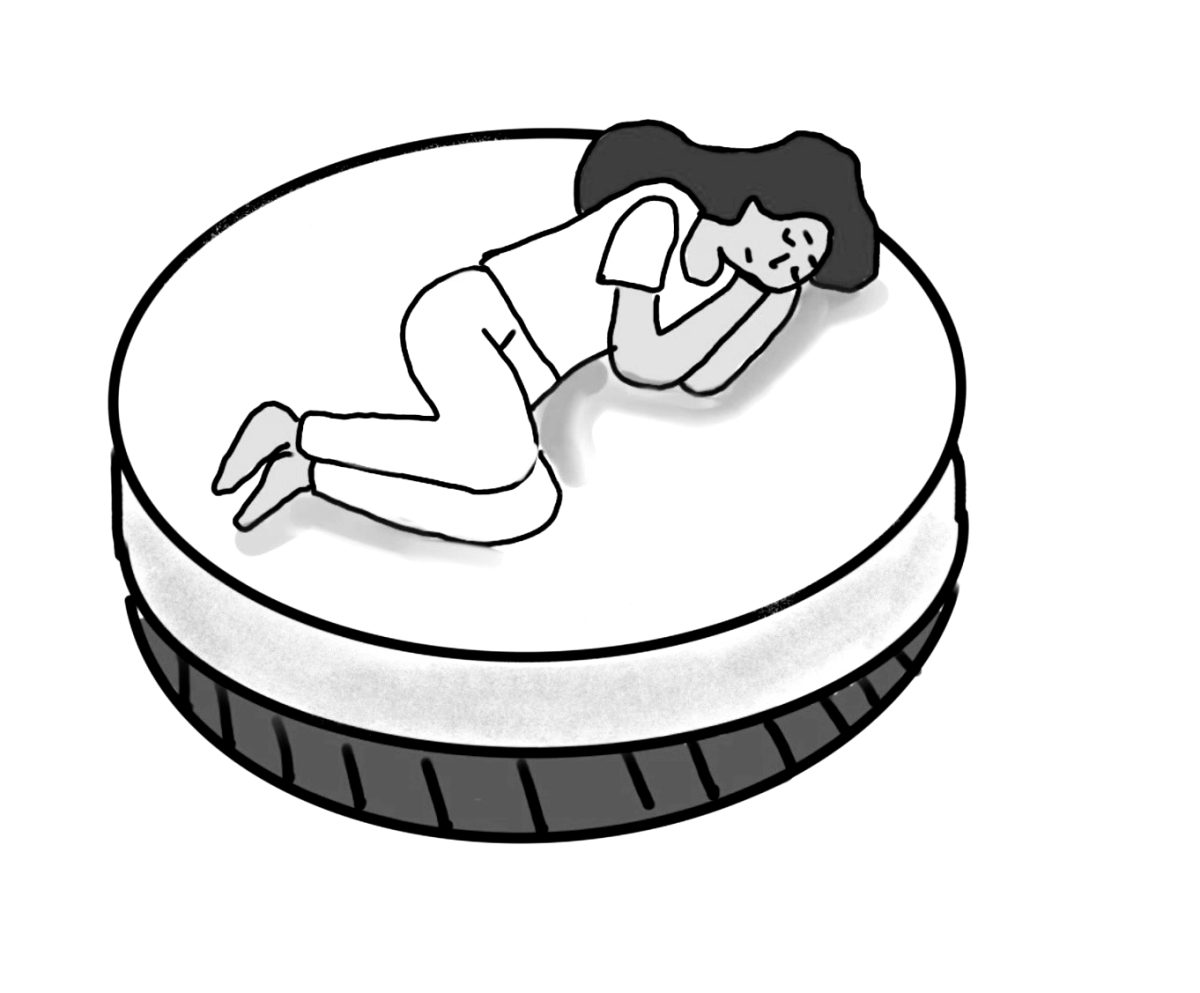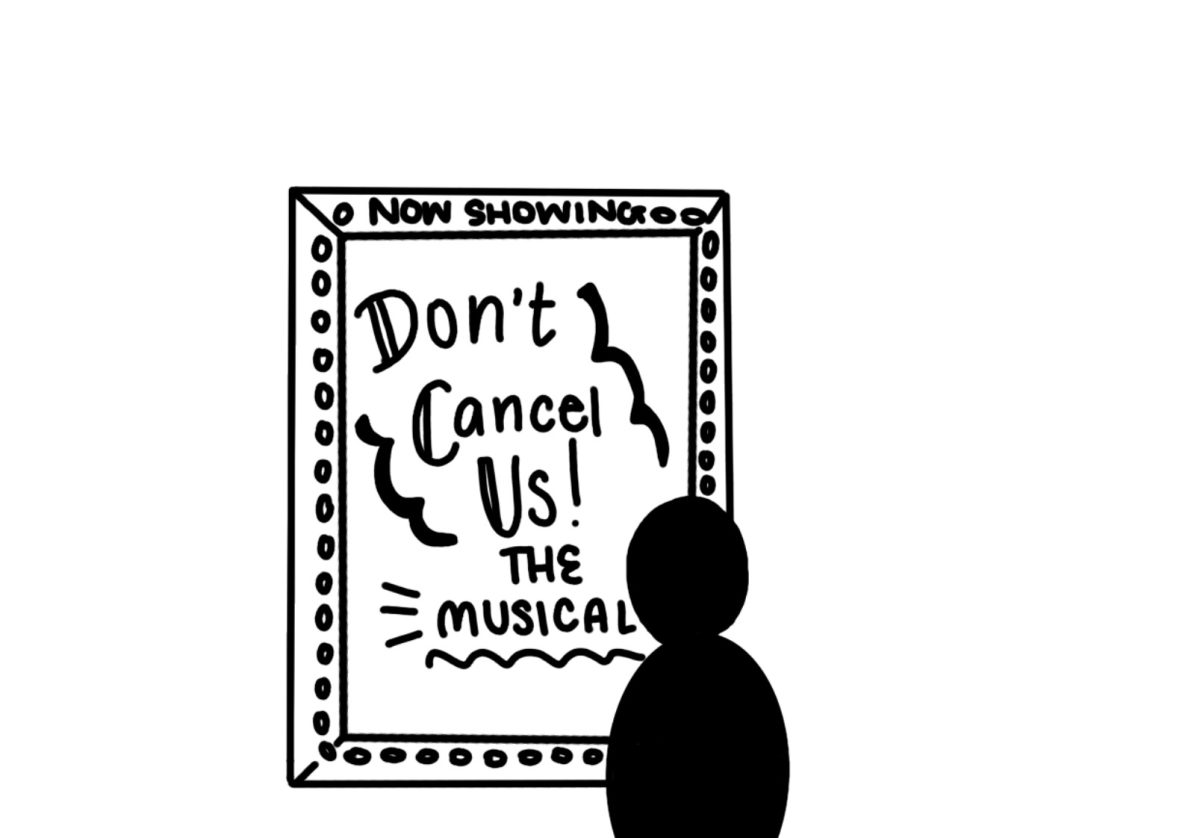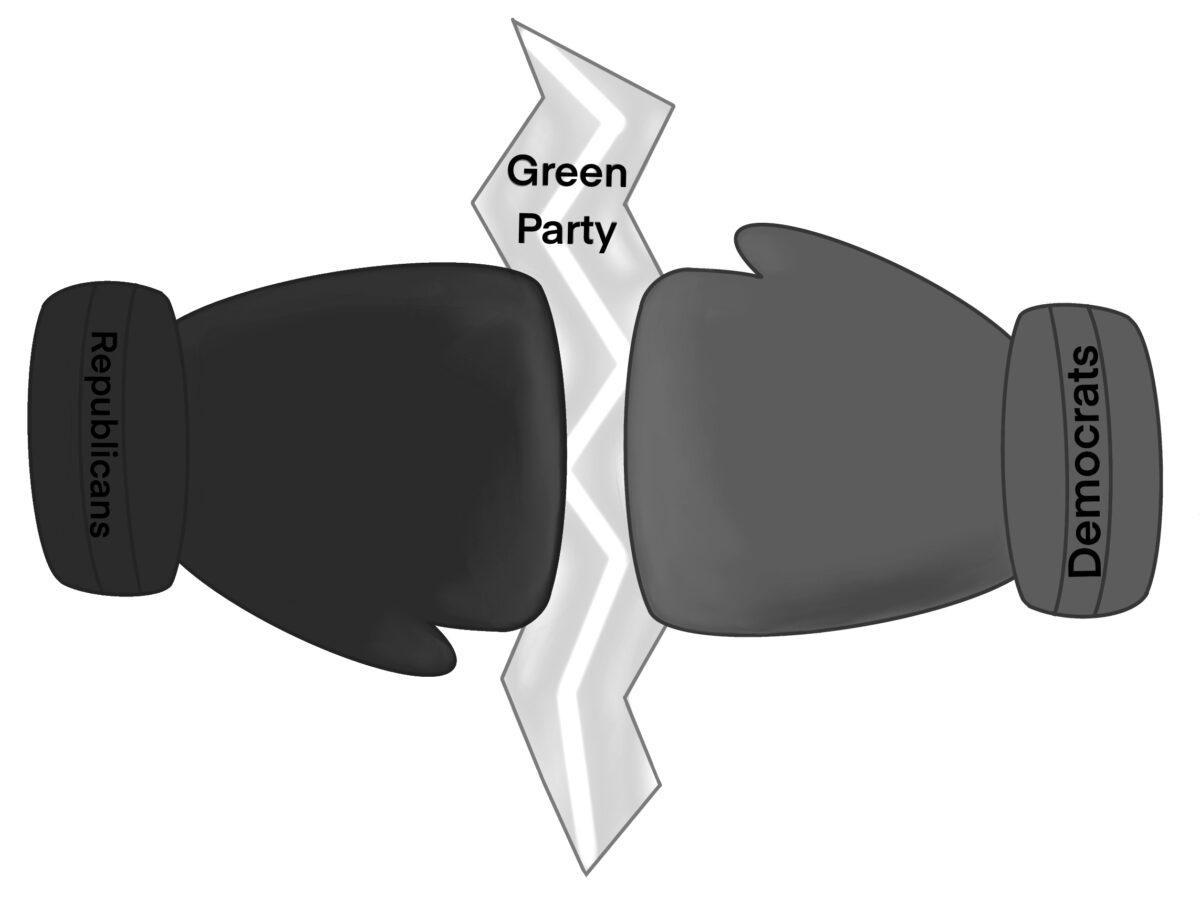If you are a student interested in English, you have options. For example, there’s AP Comp, AP Lit, Advanced Journalism, and more. You want to go to medical school? Perfect, as Redwood offers Honors Biomed and Physiology. You’re into photography? There’s AP Photo. Math? AP Calc. Languages? AP Spanish. The environment? APES.

You’re passionate about political science, hope to have a career in public service and want to enroll in an advanced government course? Well, you’re out of luck.
Whether you pay attention to the political world religiously or think politics are boring, as a senior you’re going to be taking U.S. Government: a semester-long graduation requirement that mainly covers the three branches of federal government—and not a whole lot else.
The absence of depth in the Government course is not the fault of the Redwood faculty who teach it, or even the class curriculum. In fact, I don’t think the teachers should change anything about the current course at all. The problem is not that the class fails to offer students the necessary education about our government as a functioning body, because it does succeed in doing so. The issue is the lack of another, more comprehensive option for students who are seriously interested in studying politics and diplomatic procedures.
I enjoyed my time spent in Government and value the knowledge that I gained in the class, but as a student who plans on majoring in political science, I found myself wanting more at the end of the semester.
Advanced Placement classes exist to allow students to further their knowledge in topics that are of interest to them, beyond what is expected in a normal class. Redwood usually does a great job at homing in on what kids are passionate about and then harnessing that passion to award students with excellent education in the topics that they want to study. However, the school has failed to offer that same level of education in regards to Government.
The amount of political activism and participation that was seen in and around Redwood during election season is evident of the fact that our students are interested in what is happening with their government. Let’s reward them for that passion by giving them the option to study the topic with greater depth and intensity.
A year-long, advanced government class could explore political theory from throughout history and apply it to modern politics. For example, students could compare and contrast Machiavellian beliefs to the actions of President Trump. The class could also break down the government’s relationship with the domestic and global economy and could even parallel the timelines of certain units with AP Economics units. There is already a Mock Senate, so what about a full Mock Government in which students assume roles at the federal, state, and municipal level to see how well they can function as a body? The options are endless, and for many, including myself, they are very exciting.
It is possible that the school is not currently in a suitable financial position to create a new class; however, the curriculum is already out there. There are two existing AP courses with corresponding exams that are taught in schools across the country: AP Comparative Government and Politics and AP U.S. Government and Politics. Additionally, I am certain that there are already teachers at this school who would be more than qualified to teach the class, such as my own Government teacher, Ms. Kemp.
At the very least, Redwood should survey its students to see how many kids would be willing to enroll in an advanced government class. If there isn’t enough interest, then the conversation can be dropped, but if there is, then the school administration should immediately start taking steps to getting the class prepared for next year’s seniors.






